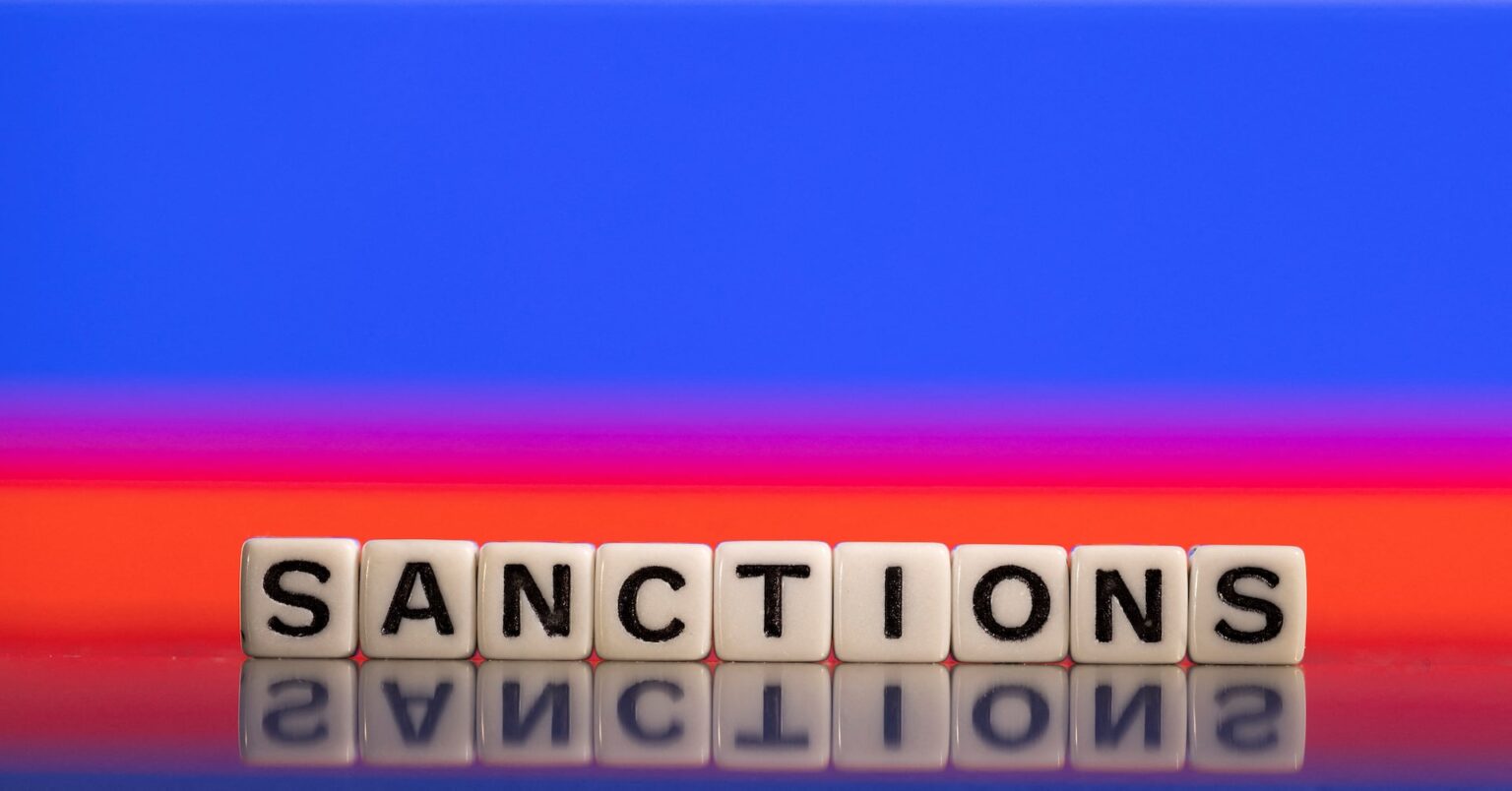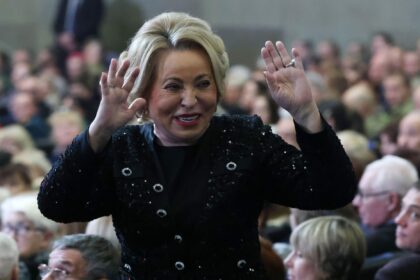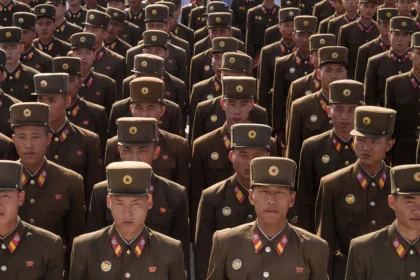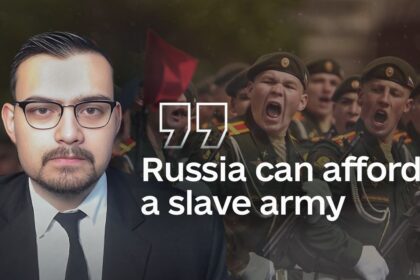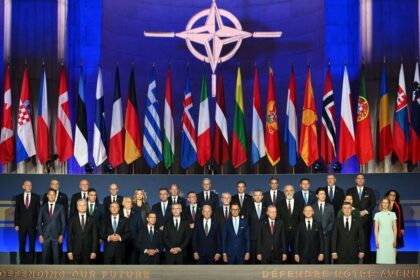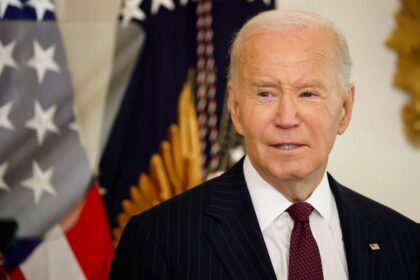**Hungary and Slovakia Block EU’s Latest Sanctions Package Against Russia**
In a move that is likely to cause tension within the European Union, Hungary and Slovakia have decided not to support the bloc’s plan for an 18th sanctions package against Russia. The decision was announced by Hungarian Foreign Minister Peter Szijjarto on Monday during a press briefing.
According to Szijjarto, the two countries blocked the sanctions package because the EU plans to phase out Russian energy imports. This would mean that Hungary and Slovakia, which continue to rely heavily on Russian gas and oil supplies, would no longer be able to purchase these essential commodities at discounted prices. The minister stated that this would be a significant blow to their economies.
It’s worth noting that Hungary and Slovakia have maintained warm ties with Russia for some time now. They have been vocal in their opposition to EU sanctions against Moscow, citing concerns about the impact on their energy supplies and economies.
The EU’s latest sanctions package was proposed by the European Commission on June 10, targeting Russia’s energy revenues, banks, and military industry. However, it seems that not all member states are on board with this plan.
**A Divided Europe**
Slovakia’s Prime Minister Robert Fico also weighed in on the issue, saying that his country would not back the sanctions package unless the EU provides a solution to the situation Slovakia faces if the bloc phases out Russian energy imports. This highlights the divisions within the EU and the challenges of reaching consensus on issues like this.
It’s also worth noting that Hungary’s Prime Minister Viktor Orban has been pushing for a more pragmatic approach to relations with Russia. In his statement, he urged the EU to take a proposed ban on Russian energy off the agenda due to concerns about rising energy prices following the US bombing of Iran.
**What’s Next?**
The fact that Hungary and Slovakia have blocked the sanctions package highlights the complexities and challenges of imposing economic penalties on countries like Russia. The sanctions proposals require unanimity in the bloc for approval, which means that any one country can veto the entire package.
As the EU continues to grapple with these issues, it’s likely that we will see more tensions within the bloc. This could have significant implications for the unity and cohesion of the EU as a whole.
Read More @ www.reuters.com




